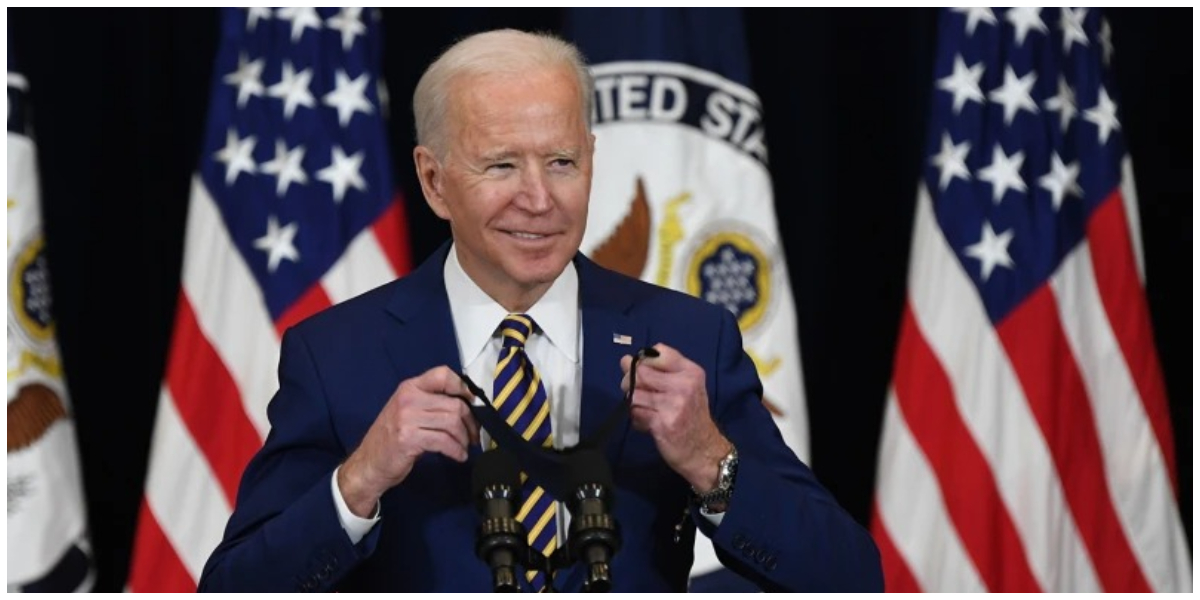US President Joe Biden travels to North Carolina on Thursday to tout his efforts on combating inflation and jumpstarting excessive-tech studies and manufacturing to make the US more competitive inside the global financial system.
The president is because of visit a brand new engineering research and innovation complicated at North Carolina Agricultural and Technical State University, the most important historically Black university within the country.
The visit comes with the Bureau of Labor Statistics reporting inflation at a 40-year high of 8.5 percentage, particularly due, it says, to Russia’s invasion to Ukraine, hire hikes and fuel charges.
The White House stated Biden could meet school and college students studying robotics and cybersecurity and speak how the Bipartisan Innovation Act can increase the economic system via enhancing American manufacturing.
“That means stronger supply chains, more manufacturing jobs, and lower prices for consumers as we break up the bottlenecks, like semiconductor chips, that have driven inflation over the last year,” said Biden’s press secretary, Jen Psaki.
She added that the initiative would “create more good-paying jobs and lower prices for working families.”
Greensboro is an example of the kind of “regional manufacturing ecosystem” that Biden envisions building across America, to create an industry that can counter China’s growing influence.
One of the administration’s top priorities, the Bipartisan Innovation Act, would offer funding to the city of 300,000 and places like it, to promote job creation and business growth.
North Carolinians have voted for the Republican candidate in every presidential election in the past 40 years except 2008, when the state went for Barack Obama over John McCain.
But four out of its five governors over the same period have been Democrats, and statistical analytics website FiveThirtyEight described North Carolina in 2020 as a “perennial” swing state.
Biden is deep underwater in recent polling, however, with inflation seen as the Democrats’ biggest challenge ahead of November’s midterm elections.
A poll released last week by High Point University gave the president a job approval rating of 35 percent in North Carolina, while 53 percent said they disapprove.
His lowest marks were for his handling of inflation (19 percent), including rising gas prices (18 percent), and his stewardship of the economy in general (26 percent).
Nationally, a new Quinnipiac University poll has the president at just 33 percent approval, while 54 percent disapprove of his job performance.
Democrats and Republicans in the House and Senate have been discussing the contours for launching formal negotiations on Biden’s legislation as early as April, and a floor vote in May or June.
The Senate passed its own package with a decisive bipartisan 68-32 vote last summer.
But the 2,900-page House version passed mostly along party lines with Republicans arguing it wasn’t tough enough on China and that it was overly focused on unrelated issues like climate change.
North Carolina Democratic Party Chair Bobbie Richardson said in a statement Biden had been “laser-focused” on lowering costs for voters in the state “still recovering from economic woes brought on by the pandemic.”

















